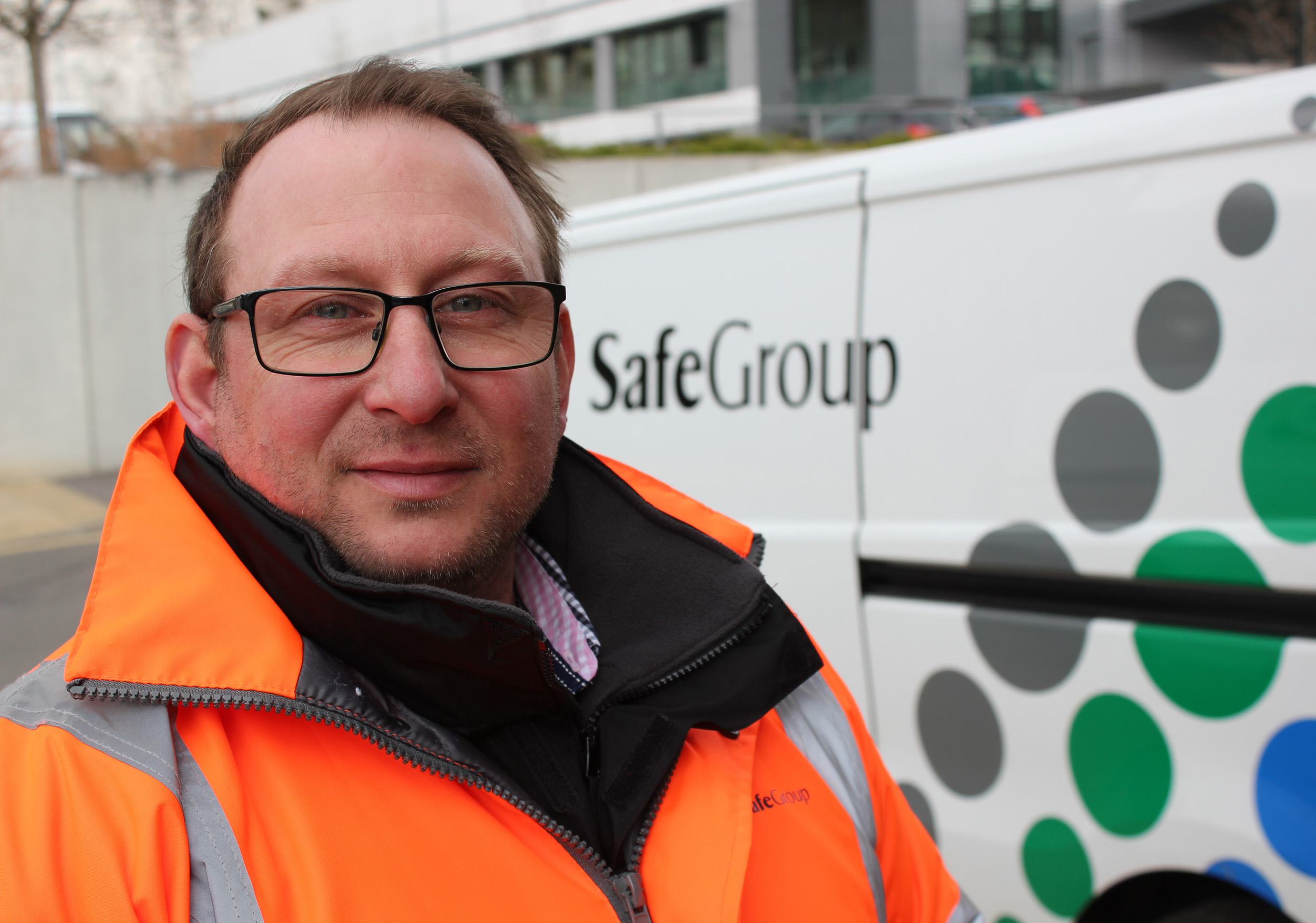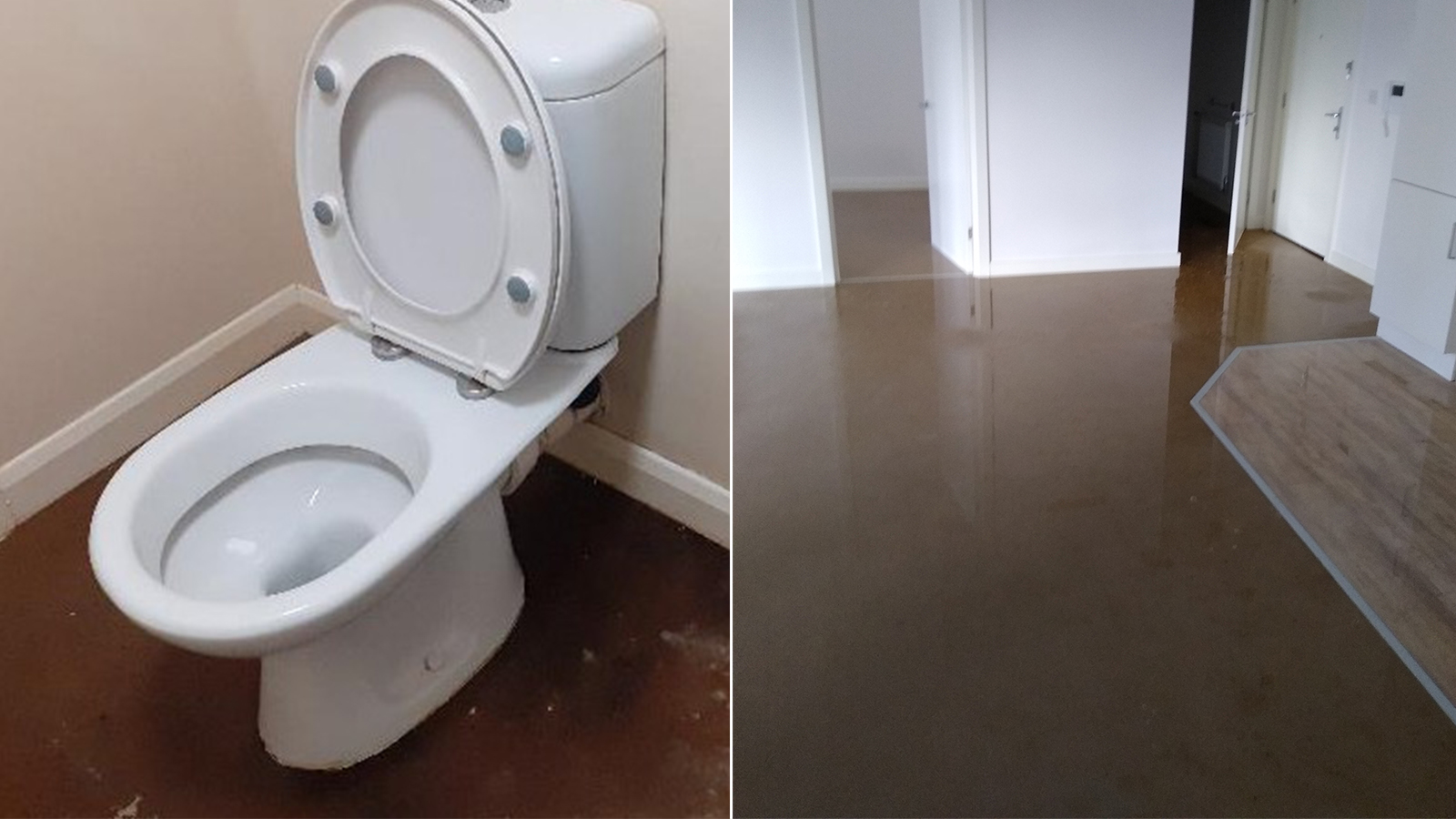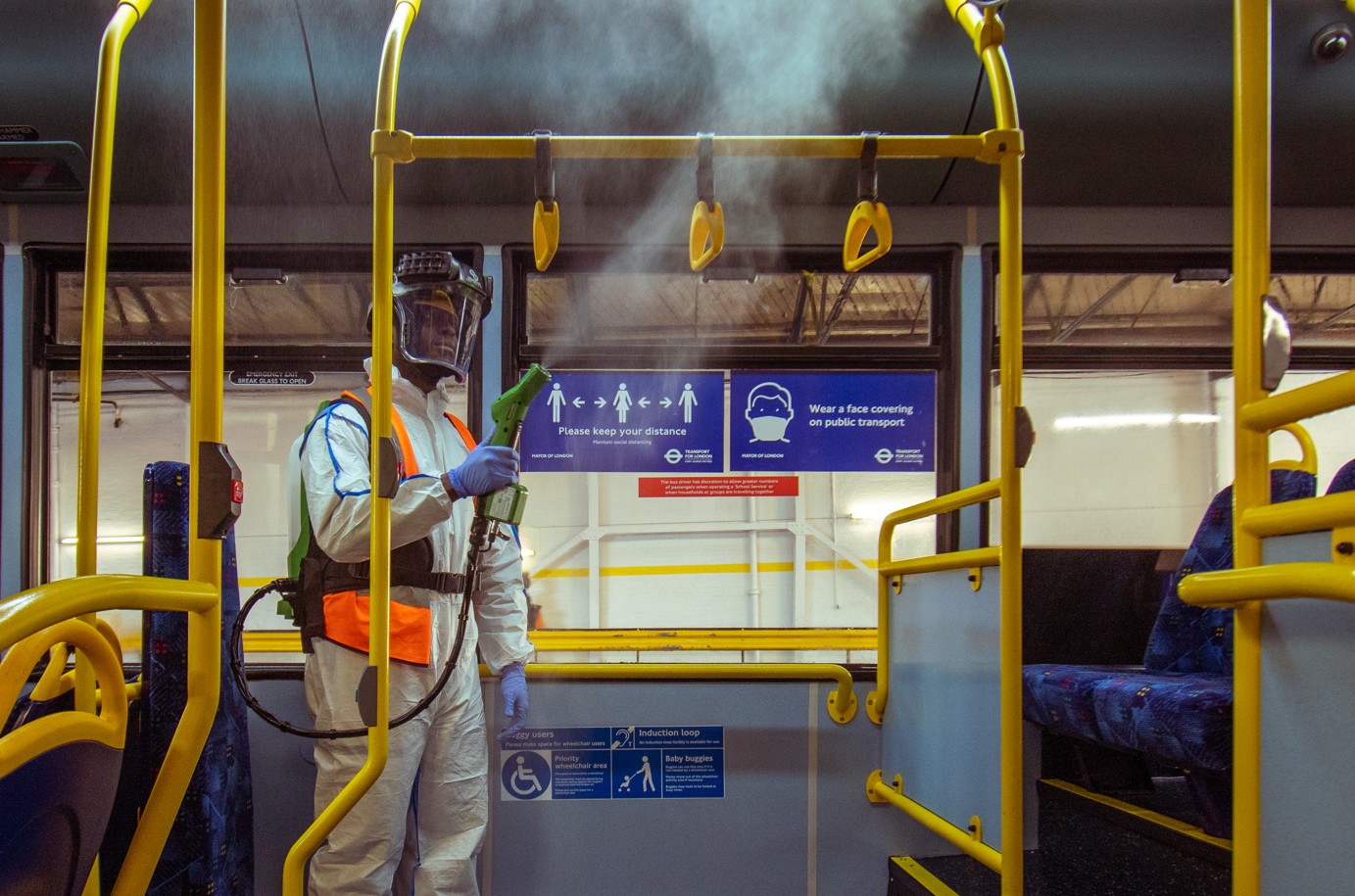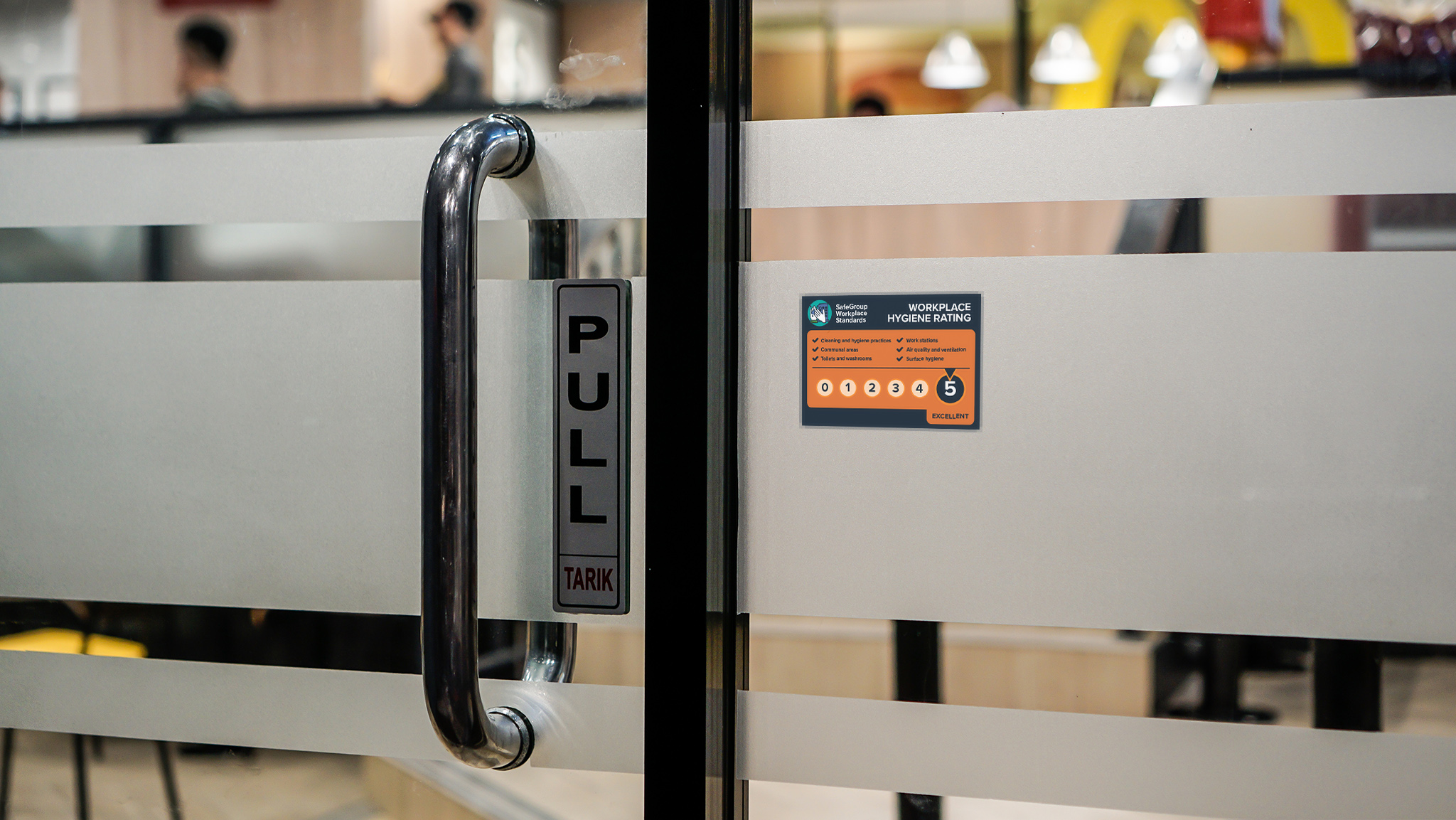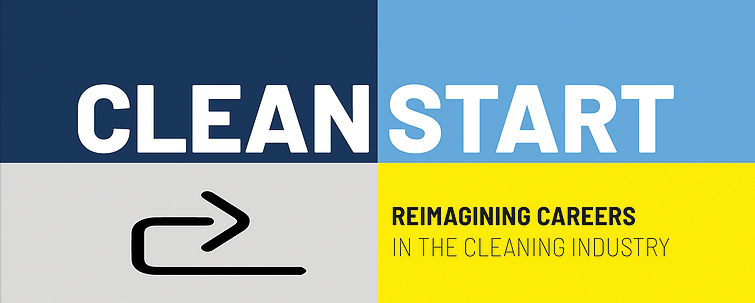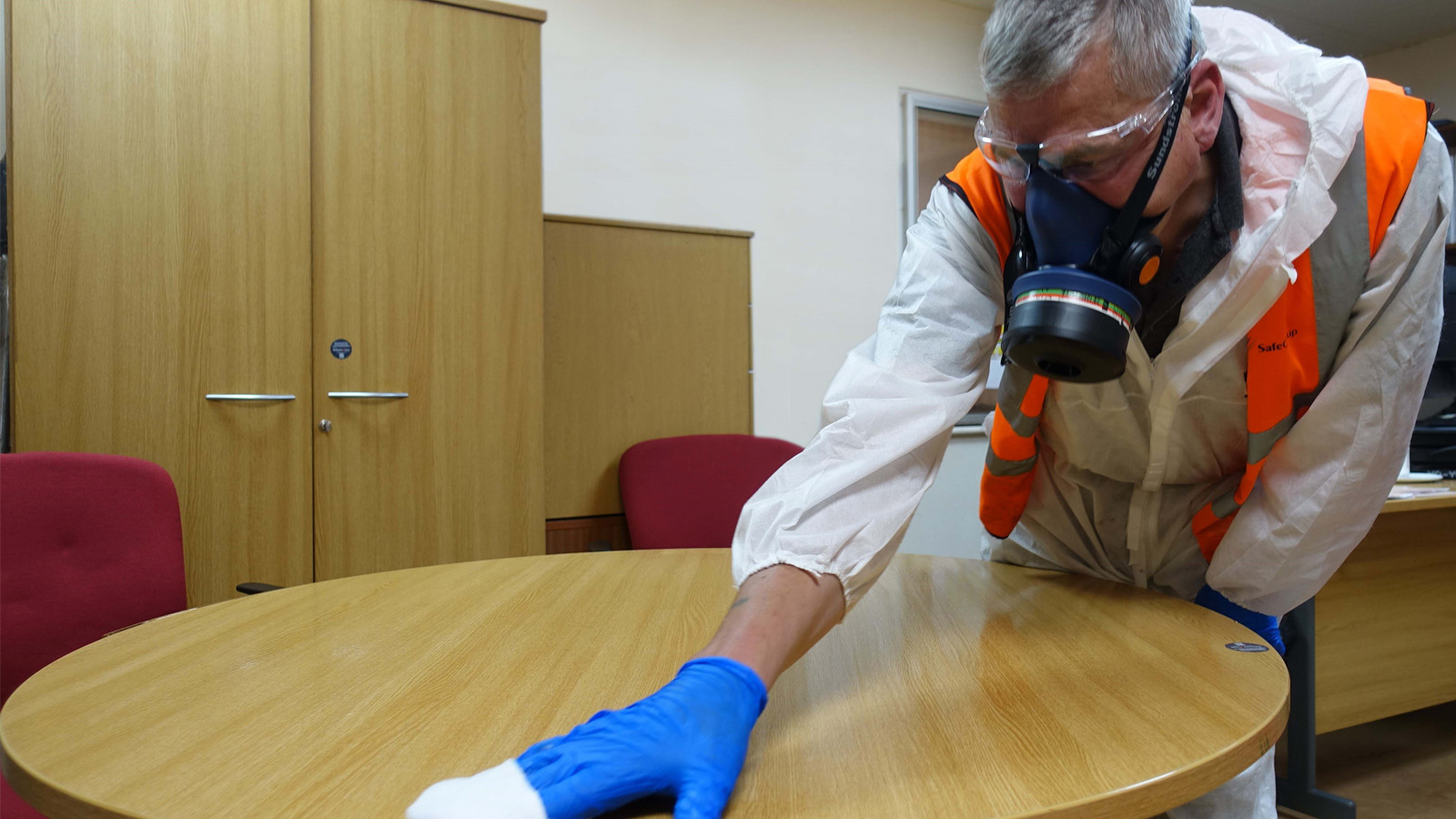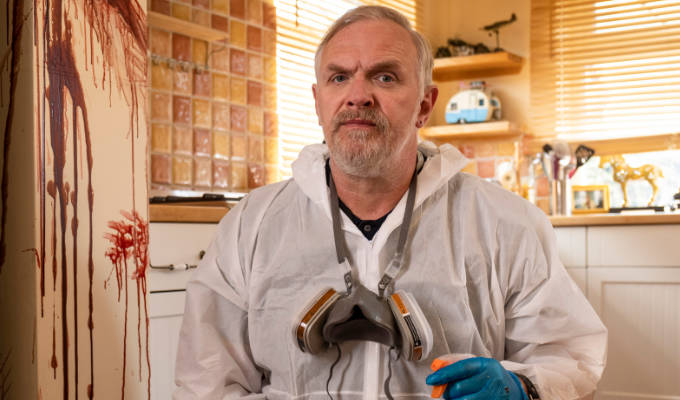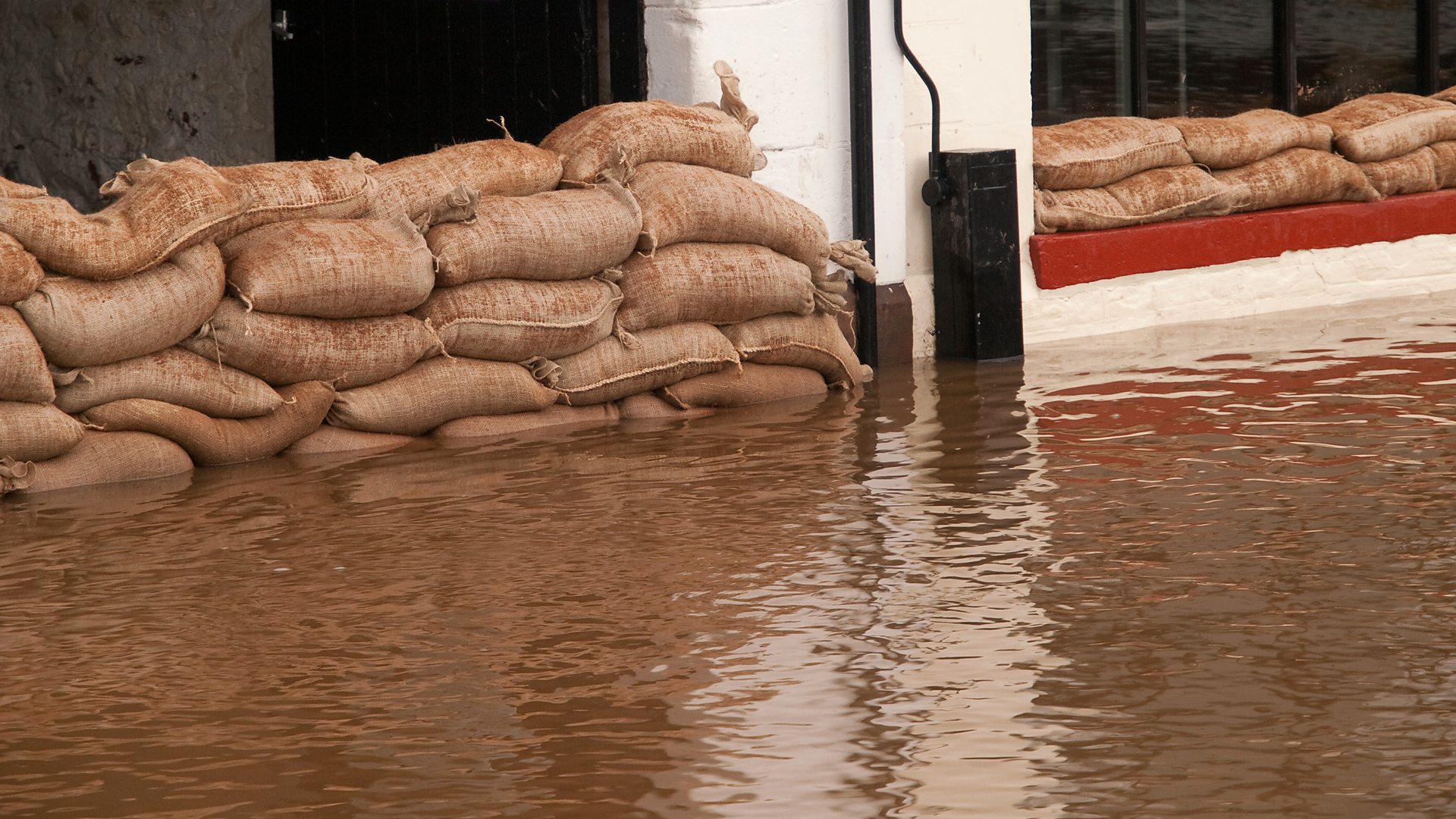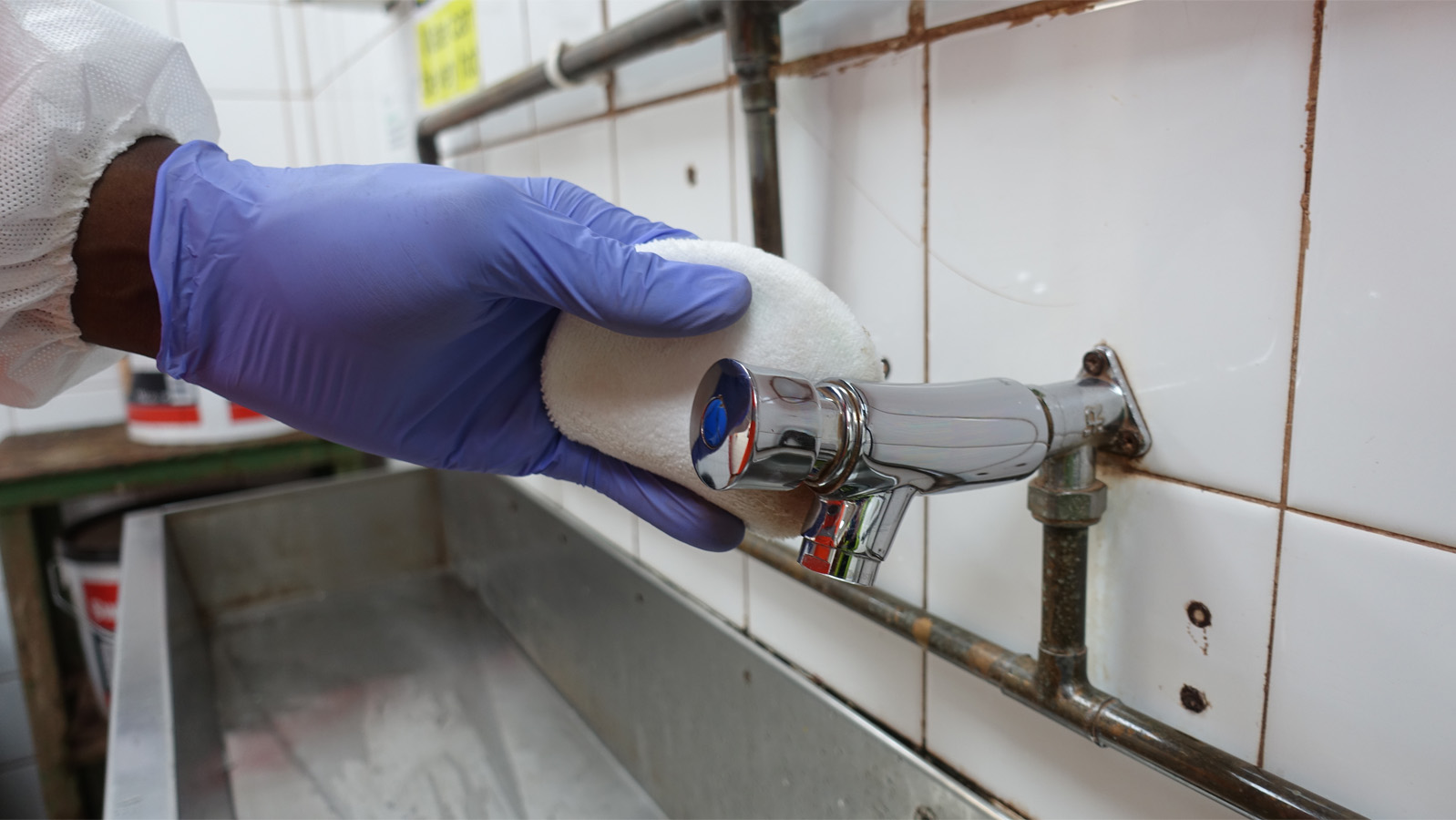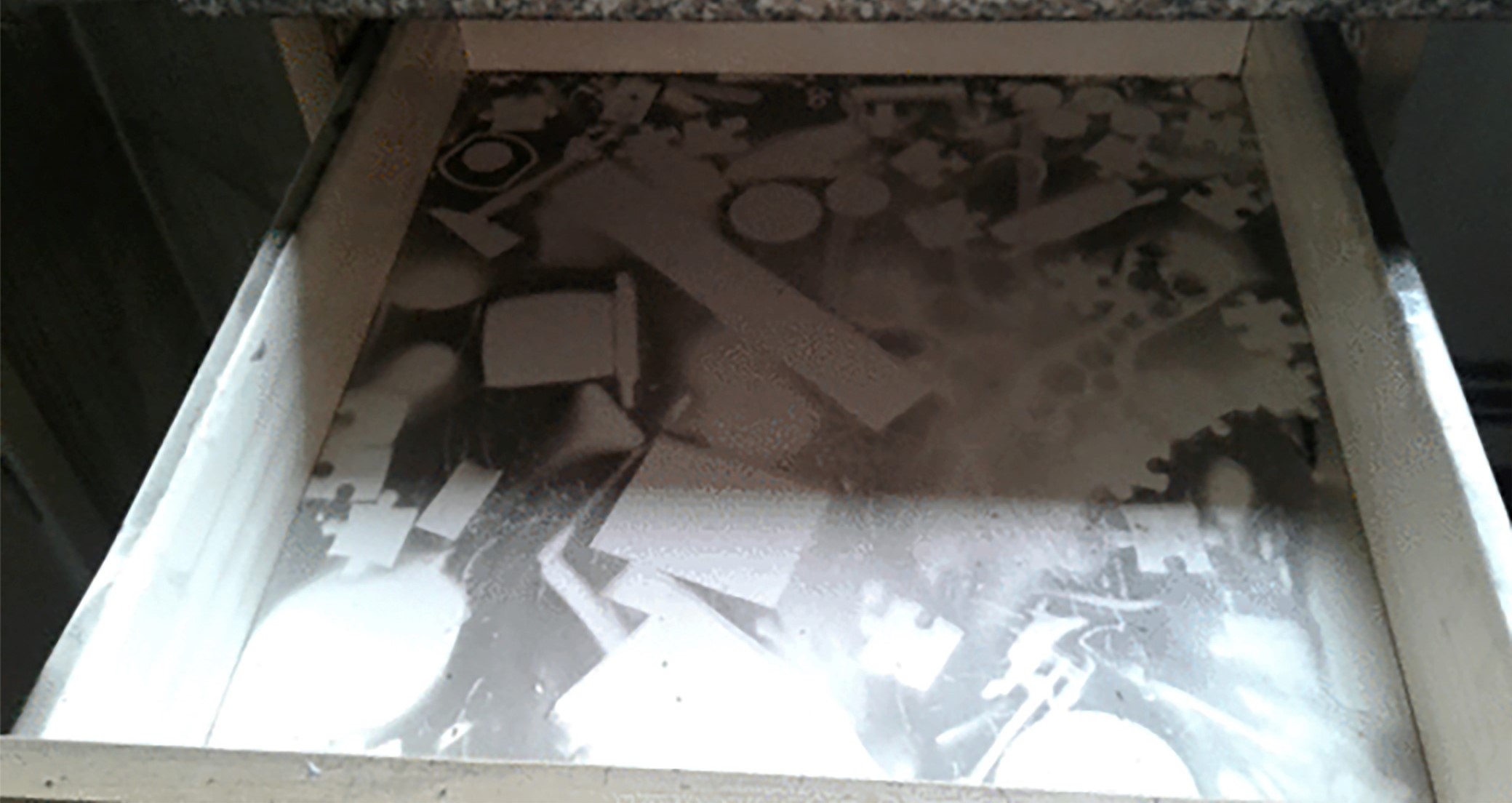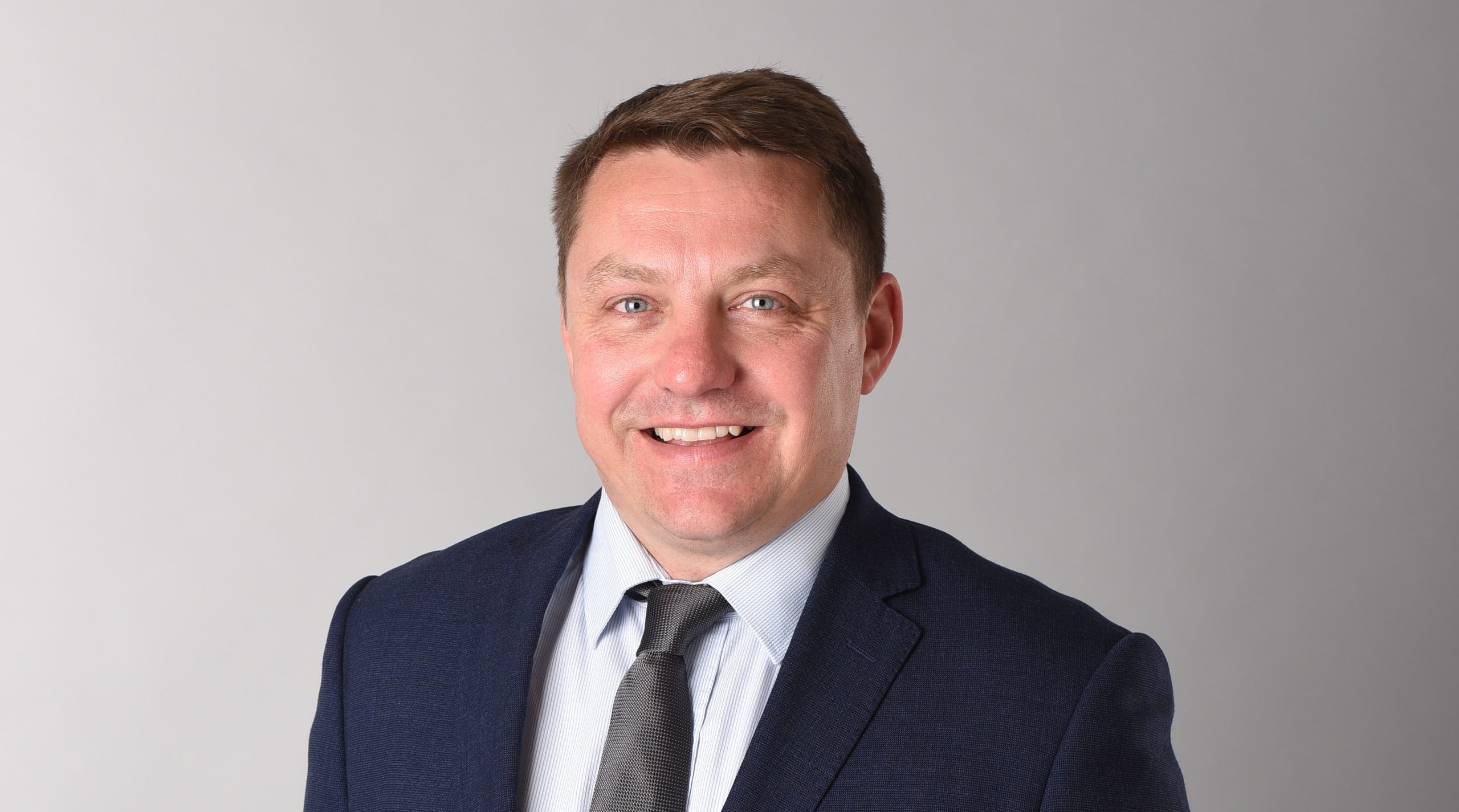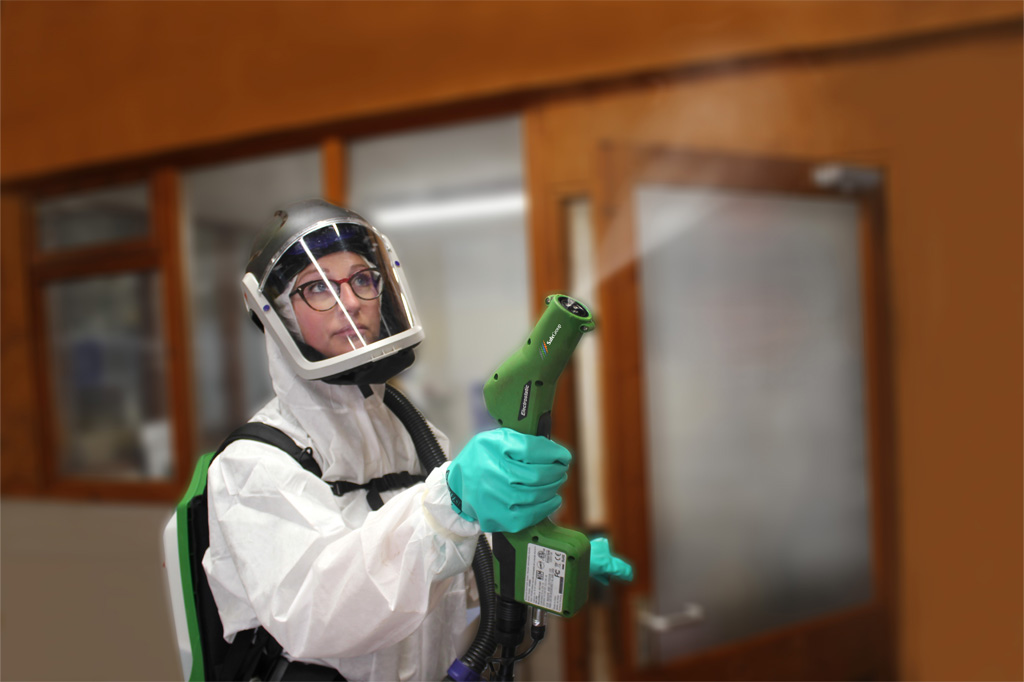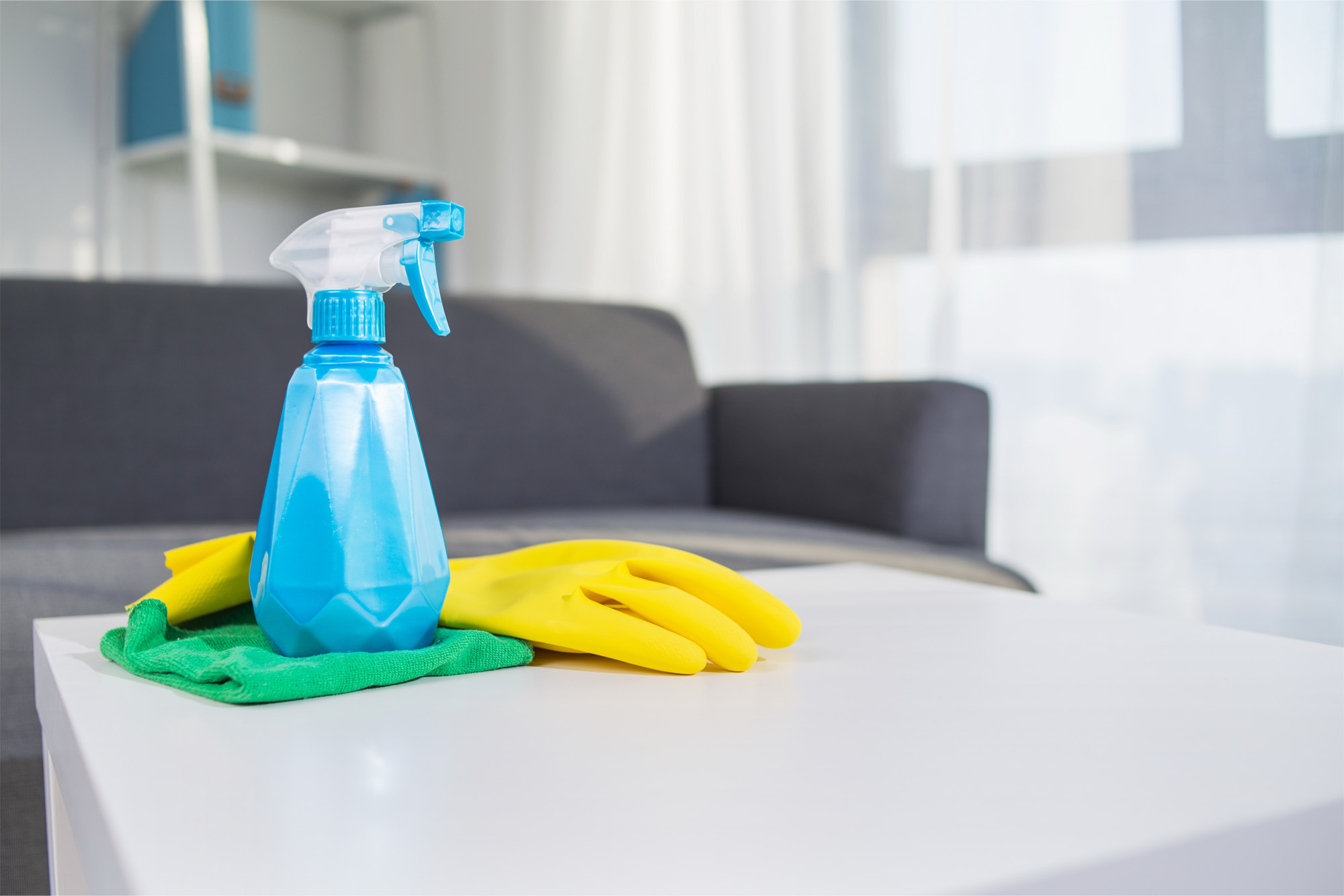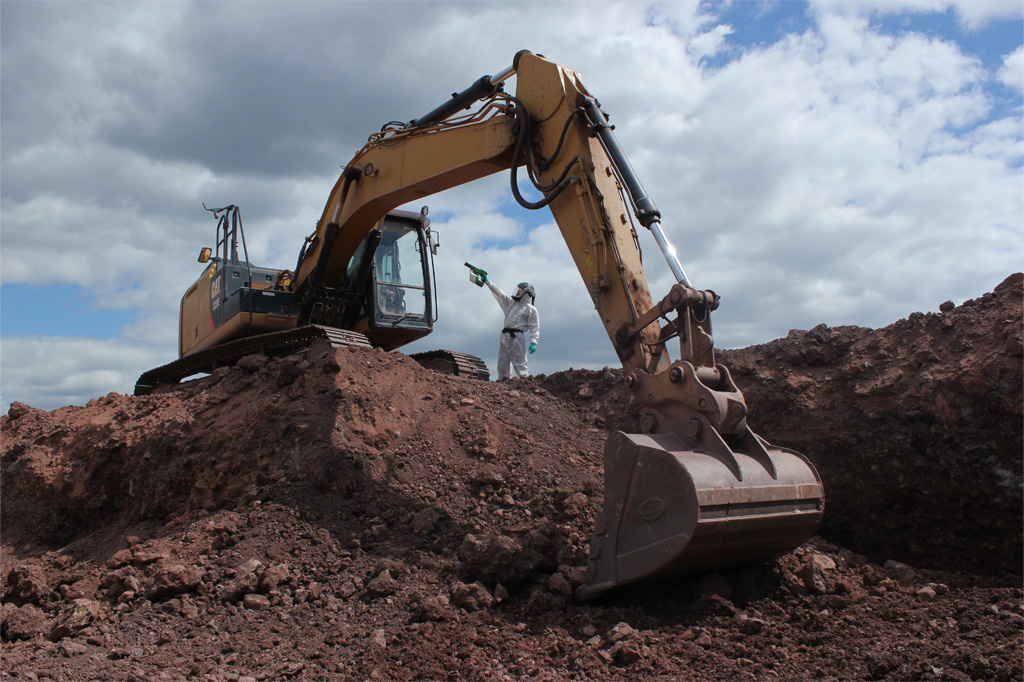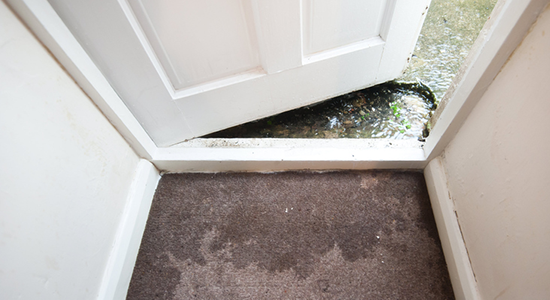How would you react to seeing a body that’s lain in a bath for weeks? Or having to clean up after a grisly murder? For SafeGroup’s Ryan Colquitt it can be part of a daily routine.
Ryan is SafeGroup’s Southern Operations Manager and has many years of experience as a trauma scene cleaner.
The work has exposed him to sights – and smells – that almost all other people have never had to experience, yet it is aspect of his work that he very much enjoys.
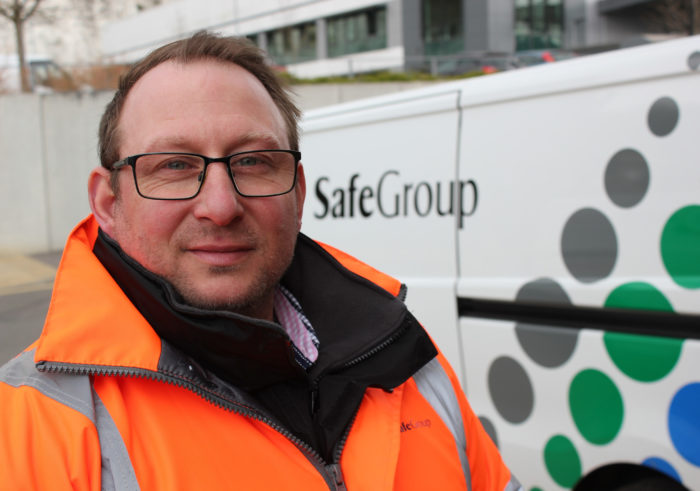
Trauma scene cleaning can including removing blood from a crime scene. But it can also involve responding to an accidental death of serious injury to a property where there has been an unreported death.
“Carrying out trauma scene cleaning teaches you a lot about yourself and life in general,” says Ryan, who is based at SafeGroup’s London and South East depot, in Coulsdon.
“You have to be prepared for some challenging sights in terms of blood and other bodily fluids or even body parts. But you also have to stay sensitive and compassionate. It’s a very interesting experience.”
Trauma scene cleaning is challenging, extremely varied, complicated, and cleaning is just part of it. So, here are six lessons on life Ryan has learned from trauma scene cleaning:
1. It’s good to be able to listen
“We can have to work closely relatives and loved-ones. Often they’re still grieving and want to talk about the person who’s died. It helps them to talk and I feel privileged that I can be there to give them that support. Also, we may need to know what items that have been contaminated need to be saved and what needs to be disposed of. So communicating well and listening carefully is really important.”
2. Doing something worthwhile is important to me
“Knowing you are doing something that others might not feel able to do is and aspect of this kind of specialist cleaning. We are returning a space that has been violated, for example by a crime, to one that people can use again and feel comfortable in. That’s an important and valuable service.
“In cases, where we’re helping people who are hoarders or who have led chaotic lives, we’re helping them get their home and living space back. We might be called in by social services as part of a multi-disciplinary intervention to help someone like that, and seeing the difference we can make for people is humbling.”
3. You can get used to it but you never forget
“You do need a strong stomach. Some of the smells and sights we are exposed to are quite strong. You learn quickly to breathe through your mouth on some occasions. There was the case of a man who died in his bath. He’d fallen out with his family so wasn’t found for months. There were thousands of blue bottles in his flat. These kind of jobs can stay with you for a long time. What’s important is that we treat these cases with respect and care. Bad things can happen to anyone.”
4. Teamwork makes a big difference
“Working for SafeGroup is about working for a professional team. We all look out for each other and understand some of the difficult sights and experiences in our working day. Cleaning a space where there has been a traumatic incident often requires teamwork because of the complexity of the task. Supporting each other is important.”
5. Extreme cleaning is a skilled job
“We need to use quite a lot of different chemicals, equipment and techniques to do our job. Then there’s the need to remove biohazards or bodily fluids that have been left for days or weeks, so hygiene awareness is vital. We need to apply a lot of technical skills to achieve the high standards we want. But the soft skills that are just as important, understanding feelings, communicating well and working with some challenging people and circumstances. It gets the brain working and gives me a big sense of achievement.”
6. I try to be happy
“Crime scene and trauma cleaning is about cleaning up after someone has been through a bad experience. It makes me think about my own life and all the people in it I care about. You don’t know what’s around the corner so I try to be positive and happy about what’s right in front of me. Make the most of the moment.”

